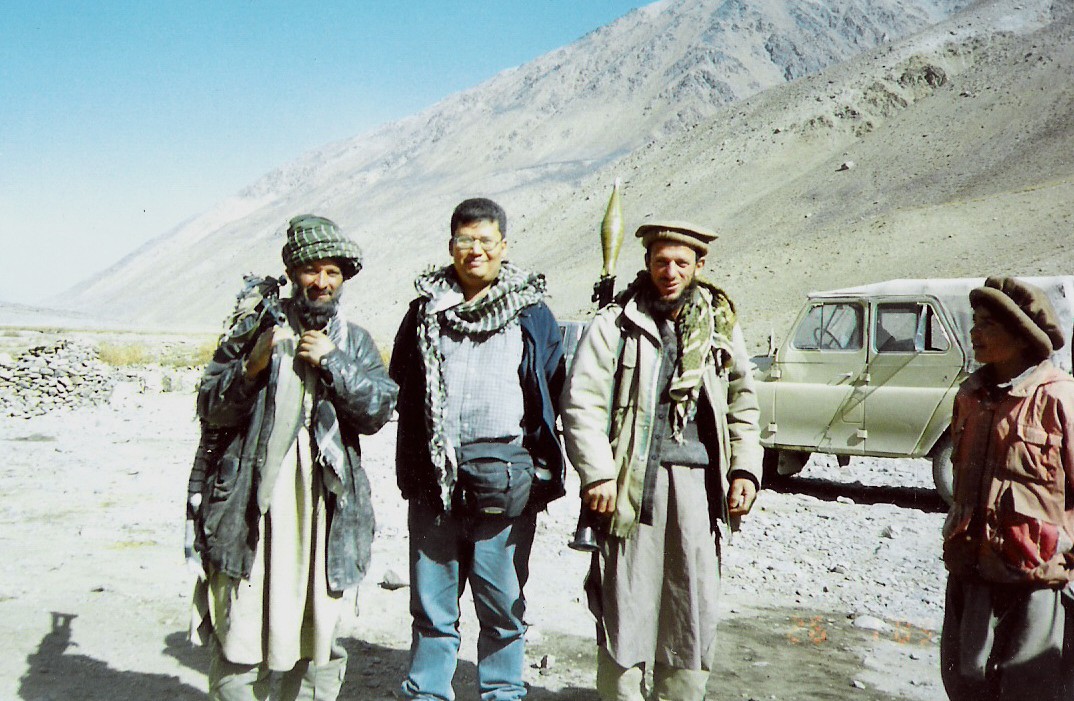Don Pathan
The Nation
Unilateral gesture aimed at pursuing dialogue on future, says PMLM
Malay-Muslim separatist organisations confirmed yesterday they unilaterally suspended organised attacks against government security forces for the past month in three districts of Narathiwat province.The unilateral cease-fire - billed as a confidence-building measure - was implemented in Rangae, Yingor and Choh I-Rong districts from June 10 until yesterday.
"The aim of this limited cease-fire was two-fold: to indicate the movement's sincerity in wanting to hold a dialogue on the political future of the southern provinces, and at the same time to demonstrate the movement's command and control in the area," according to a statement sent to The Nation by the Patani Malay Liberation Movement.
The PMLM is a joint working group made up of members from the Patani United Liberation Organisation (Pulo) and representatives from the Barisan Revolusi Nasional-Coordinate (BRN-C). Pulo and BRN emerged in the late 1960s but collapsed in the late 1980s following a blanket amnesty that crippled their armed resistance.
PMLM spokesman Kasturi Mahkota, who is also vice president of Pulo, said the "modalities of the suspension of hostilities covered only organised attacks on the security forces and attacks on government targets".
A senior Thai Army officer in Narathiwat, who spoke on condition of anonymity, confirmed the unilateral cease-fire but was quick to point out a violation on June 18 in Cho I-Rong when a police car was hit by a roadside bomb attack. There were three other point-blank shootings against government security forces as well, but it is understood these weren't seen as "organised attacks", as described in the PMLM statement.
A Thai government source said Army chief General Anupong Paochinda, was aware of the militants' unilateral move and had observed it with keen interest. The unilateral suspension of hostilities was the first of its kind in the wave of violence that erupted a decade ago but was not officially recognised until January 2004 when scores of militants raided an Army base and made off with more than 300 weapons. More than 4,000 people have been killed from insurgency-related violence since January 2004. T
he Nation has learned from Thai and BRN-C sources that local military commanders and civilian leaders in the region have also sought, with the help of local community figures, to establish some sort of agreement on the rules of engagement with the local militants' cell.
The absence of an overall policy on the issue of talking to the enemy had forced a number of local commanders to seek such arrangements, they said.
Whether the recently concluded unilateral cease-fire in Narathiwat would pave the way for other bolder initiatives remains to be seen. But Thai security officials on the ground said they were not hopeful, pointing to the spike in violence in other parts of the region.
The decentralised nature of modern militants made it difficult to implement a region-wide initiative or to elevate any confidence-building measures to a national policy, they said.
